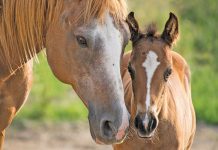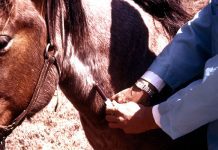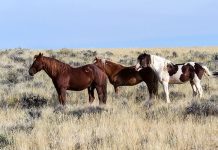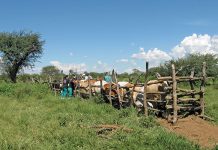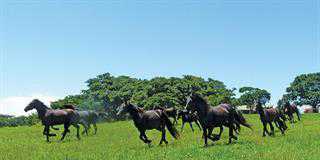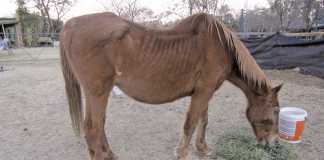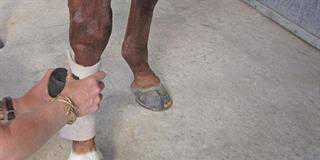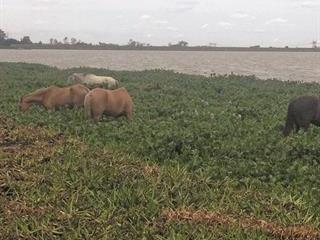
Leptospirosis is a zoonotic bacterial disease caused by small spirochete bacteria. The signs of disease vary according to the type of animal and the Leptospira germ responsible.
In humans, if infection leads to kidney failure and bleeding, it’s known as Weil’s Disease. Surveys conducted in South Africa show exposure of humans, dogs and cattle to infection. Indeed, human serum sampled in various parts of the country between 2006 and 2011 showed a prevalence of Leptospira antibodies that varied between 6% and 19%, indicating that the organism is fairly common here. However, horses in South Africa have not been extensively tested.
In the US, it was recently found that up to 75% of horses in certain areas have been exposed to leptospirosis; however, clinical cases are rarely seen and it is suspected that they are often misdiagnosed.
Also in the US, a close link has been found between leptospirosis and uveitis (inflammation of the inner parts of the eye), especially in Appaloosas and warmbloods. Uveitis is often caused by swelling and is probably linked to an auto-immune reaction, rather than leptospirosis itself.
Other signs of leptospirosis include late abortions (at about nine months) and kidney disease in both foals and adult horses.
In a postmortem, aborted foals often show enlarged yellow livers and white spots on their kidneys.
One reason for misdiagnosis may be that initial signs of leptospirosis in horses are fairly mild and respond well to a number of antibiotics, including penicillin and doxycylcine. Both of these are registered for use in horses in South Africa.
Carriers
Rats are the main carriers of the disease and their urine can contain a high level of spirochaetes. This said, the urine and faeces from any infected animal (including humans) can also pollute water sources.
In South Africa, horses are likely to become infected through rodent faeces and urine contaminating horse feeds, or if they drink or wade in polluted water. In the US, horses are mainly affected by Leptospira interrogans serovar Pomona. This was the main serovar found in cattle sampled in KwaZulu-Natal between 2001 and 2003.
Prevention
Vaccines available in South Africa to prevent leptospirosis in dogs and cattle are not effective in horses. US animal vaccine and medicine manufacturer, Zoetis, has developed a specific vaccine to protect horses against the disease.
However, before vaccination can be recommended here, more information is needed on whether leptospirosis is an important disease of horses in South Africa.
Until then, rodent control in stables and providing horses with potable water rather than allowing them to drink from wetlands, are probably the two most important prevention strategies under South African conditions. Diagnosis is relatively expensive and leptospirosis is unlikely to be routinely considered by a vet unless your horse has aborted a foal, shows uveitis or has severe kidney failure.

